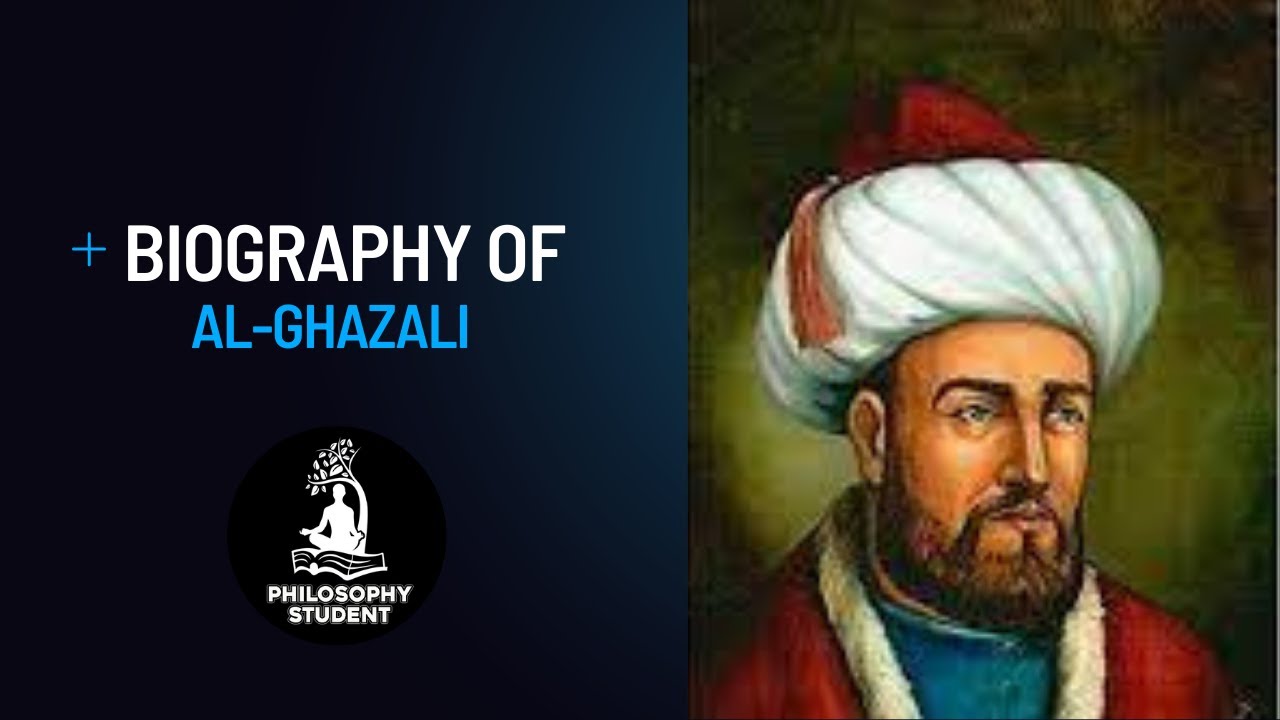Abû Hâmid Muhammad ibn Muhammad al-Ghazâlî was born in 1055, 1056, 1058, or 1059 in Tabarân-Tûs, near Meshed, Iran. Educated in Tus and at the Nizâmiyya Madrasa in Nishapur, he became known to Sultan Malikshâh and his grand-vizier, Nizâm al-Mulk, and was thus soon brought within the circle of the caliphal court in Baghdad. By early adulthood, he was the most influential intellectual in the Islamic world. In 1095, under the influence of Sufi texts, he decided to relinquish his distinguished posts in Baghdad and devote himself instead to Sunni theology and mysticism as well as the Arabic tradition of Aristotelian philosophy.
Some seventy works are attributed to al-Ghazali, the most important of which are discussed below, The Incoherence of the Philosophers is a work of epistemological skepticism devoted to theological occasionalism—the idea that causal events are not products of material actions but the immediate will of God. Al-Ghazali offered as an example the ignition of cotton when it comes into contact with fire. This seems a clear instance of a natural law, but, al-Ghazali argued, it happened only because God willed it. The event was “a direct product of divine intervention.” This was a contradiction of the Aristotelian Averroes, who argued that God created natural law, including that which caused cotton to burn.
Al-Ghazali’s autobiography, Deliverance from Error, recounts how the philosopher’s crisis of epistemological skepticism was resolved by “a light” that God Himself “cast into my breast,” providing “the key to most knowledge.” The Deliverance speaks of how he found much to admire in Islamic philosophy but came to the conclusion that only the Sufi mystical experience, which induces prophecy (nubuwwa), produces genuine knowledge (“insight”).
In The Revival of Religious Sciences, al-Ghazali addressed most fields of Islamic science, including jurisprudence, theology, and Sufism. The work is credited with synthesizing orthodox Sunni theology with Sufi mysticism in a guide to Muslim life and belief.
The Alchemy of Happiness is a revision of The Revival of the Religious Sciences that emphasizes al-Ghazali’s belief that embracing God is essential to the joy of living. The book begins with Knowledge of Self and progresses to Knowledge of God, Knowledge of the World, and Knowledge of the Future Worl —the afterlife.
Al-Ghazali died, in Tus, on December 19, 1111, leaving several daughters but no sons.




































